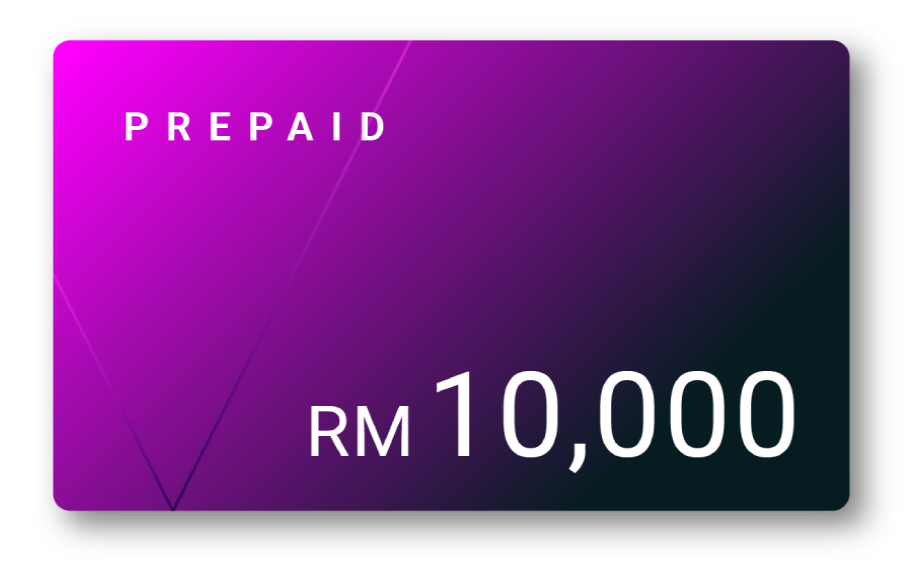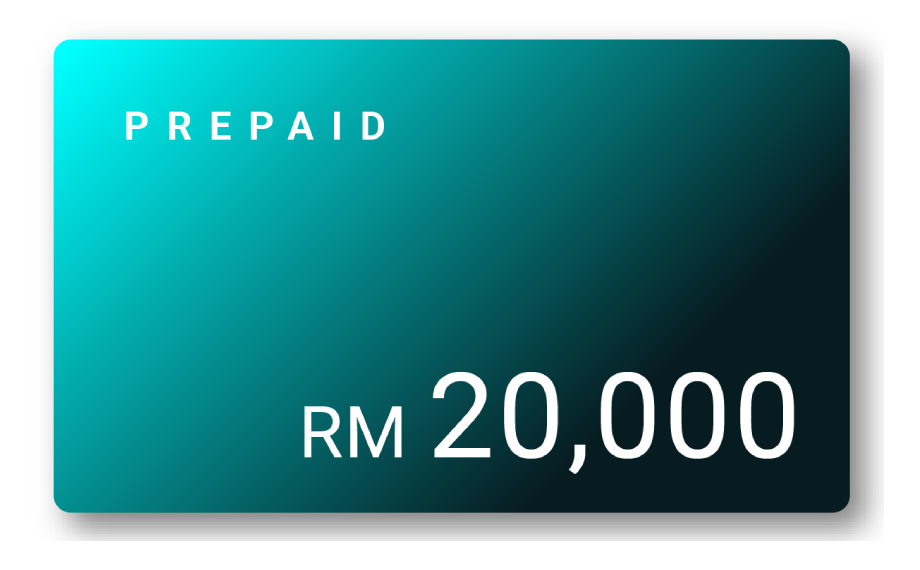Verity journal
Verity Journal
In 2016, PwC conducted the Global Economic Crime Survey for Malaysia and revealed that bribery and corruption increased from 19% in 2014 to 30% in 2016. The study highlights a great degree of distrust within companies as one in three Malaysian respondents believed that their companies would probably experience bribery or corruption in the next two years.
This is in line with a study conducted in 2013, when KPMG performed a Malaysia Fraud, Bribery and Corruption Survey which revealed that 68% of reported fraud cases experienced by companies were perpetrated internally by management and non-management employees. The majority of respondents also believed that fraud (52%), specifically bribery and corruption (65%), was a major problem for businesses. The most common motivators for fraud, bribery and corruption were greed and lifestyle at 55% and financial pressure at 42%.
To prevent many of the abovementioned problems, background screenings may seem like a logical step forward for most business owners. However, despite the intellectual understanding of the benefits it brings, many employers, including small and medium business owners, refrain from such services due to three common misconceptions:
1. Background screenings are reserved for companies with deep pockets.
The assumption that background screenings cost thousands of Ringgit is grossly mistaken. Most SMEs miss out on its numerous advantages by being unaware that background screening can range from as low as RM50 to RM500. This is a small price to pay compared to the potentially huge losses from fraud, bribery or corruption that could easily happen with the wrong hire.
2. Background screenings invade an employee’s privacy
For the second misconception, most people assume that a screening company sets out to uncover skeletons in the closet. Screenings, however, are legally required to be unbiased and non-invasive. All information must also come from sources that are publicly and legally available. In all cases, background screening is only conducted if a candidate consents to a screening company verifying any relevant information the candidate has already disclosed
3. Background screening is illegal
Background screening is a part of due diligence and it has a general duty to exercise care in any transaction. Legally speaking, screening companies are required to comply with the Personal Data Protection Act (PDPA) and Credit Reporting Agency (CRA), with requirements that can differ from one country to another.
Stay tuned to the blog at www.verityintel.com to learn more about background screenings.
You must be logged in to post a comment.






There are no comments